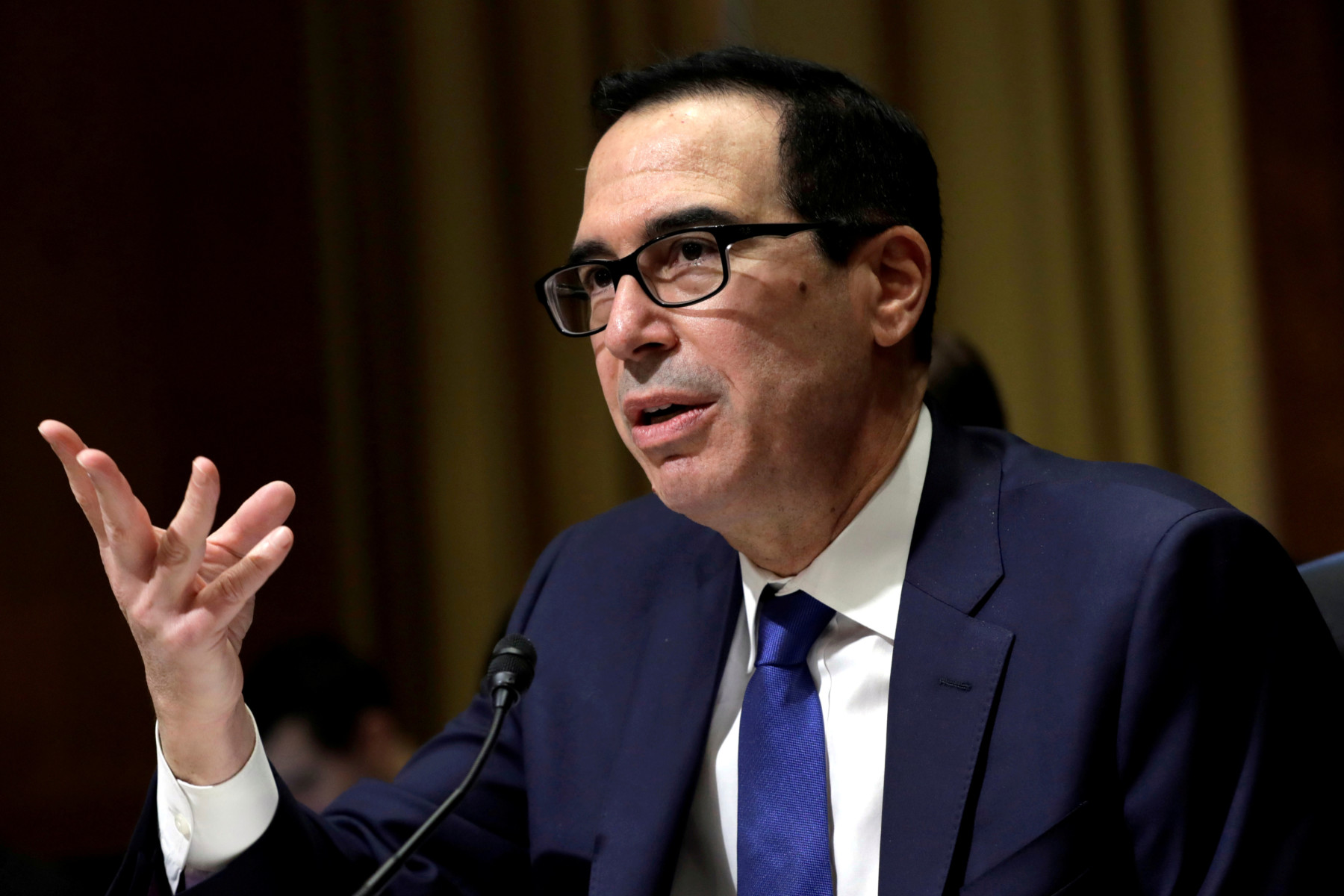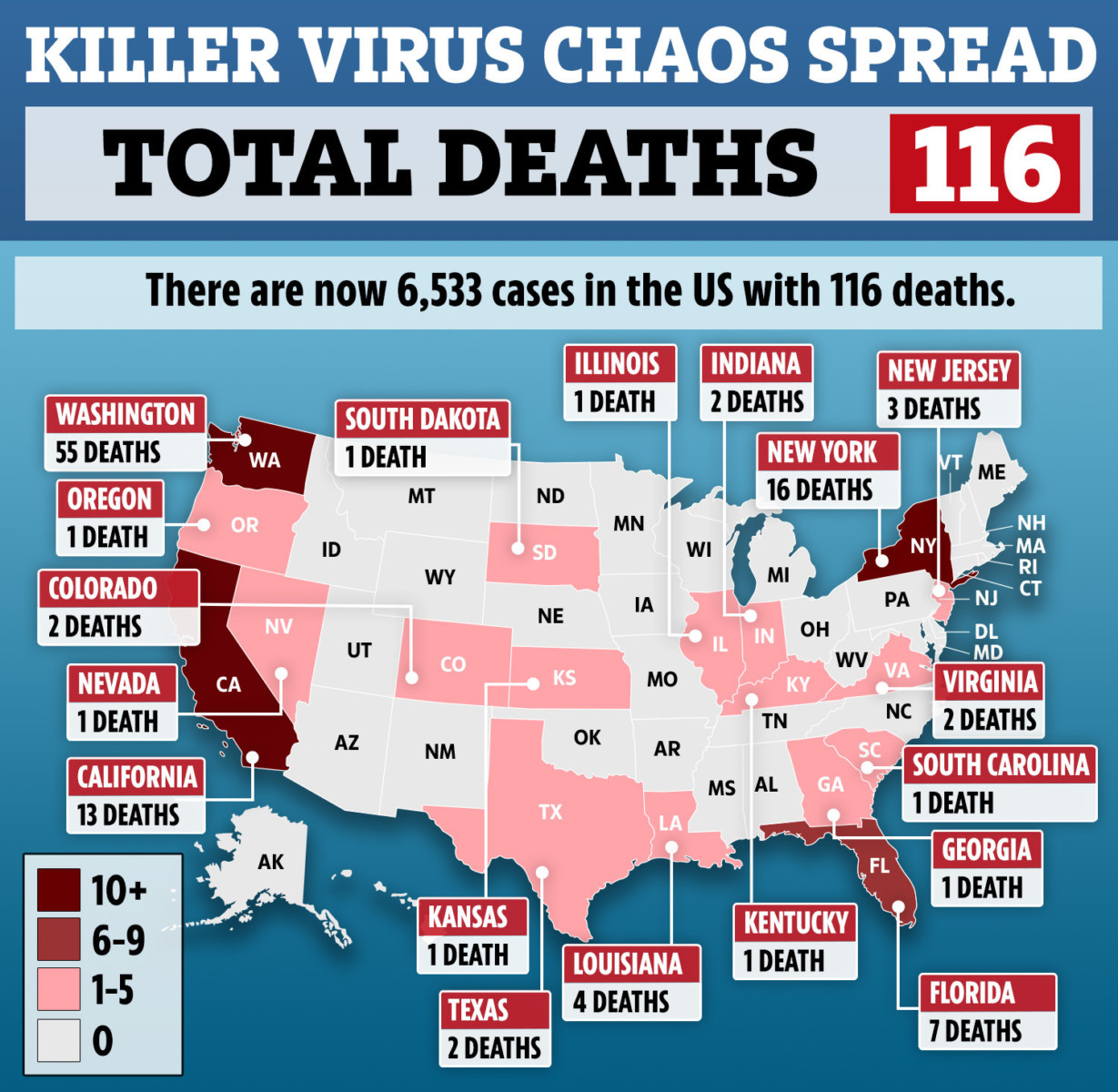THE SENATE have approved multibillion-dollar coronavirus relief bill that provides free testing and paid leave.
The Families First Coronavirus Response Act, which was endorsed by Trump last week, passed the Senate with a bipartisan vote of 90 to 8.
‘Phase two’ was passed by Senate today
The House bill, known as ‘phase two’, grants paid sick leave to hourly employees and expands unemployment insurance.
Senate Majority Leader Mitch McConnell, said: “It is a well-intentioned bipartisan product assembled by House Democrats and President Trump’s team that tries to stand up and expand some new relief measures for American workers.”
The approval comes as the White House are in talks to pass a trillion-dollar stimulus package.
According to a two-page sheet from the Treasury department obtained by the Washington Post, an emergency $1trillion stimulus package could send two $1,000 checks to many Americans.
The Treasury department says the first payment would be made on April 6, with a second coming May 18.
According to the document, the total $500billion in payments would be “tiered based on income level and family size”.
The Treasury department also suggests funnelling $50billion to the airline industry, $300billion to small businesses and $150billion to other “severely distressed sectors of the US economy”.

Mnuchin told reporters: “It is a big number. This is a very unique situation in this economy.”
Treasury Secretary Steven Mnuchin warned Republican senators this morning that without action the coronavirus pandemic could drive up US unemployment to 20 percent and encouraged them to act on economic stimulus measures, totalling $1billion.
Mnuchin told reporters: “It is a big number. This is a very unique situation in this economy.”

Asked for comment, Treasury Department spokesperson Monica Crowley told CNN: “During the meeting with Senate Republicans today, Secretary Mnuchin used several mathematical examples for illustrative purposes, but he never implied this would be the case.”









